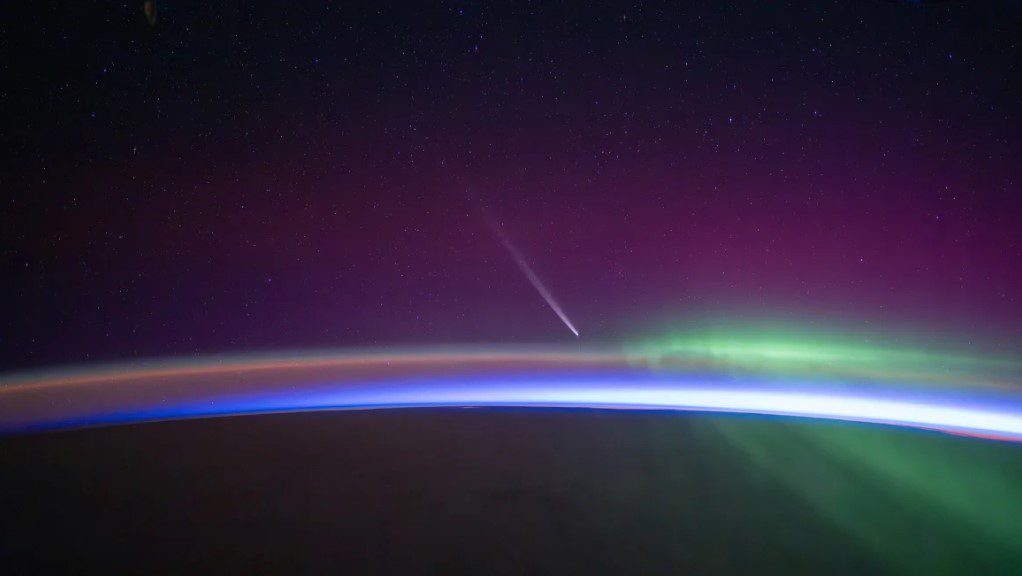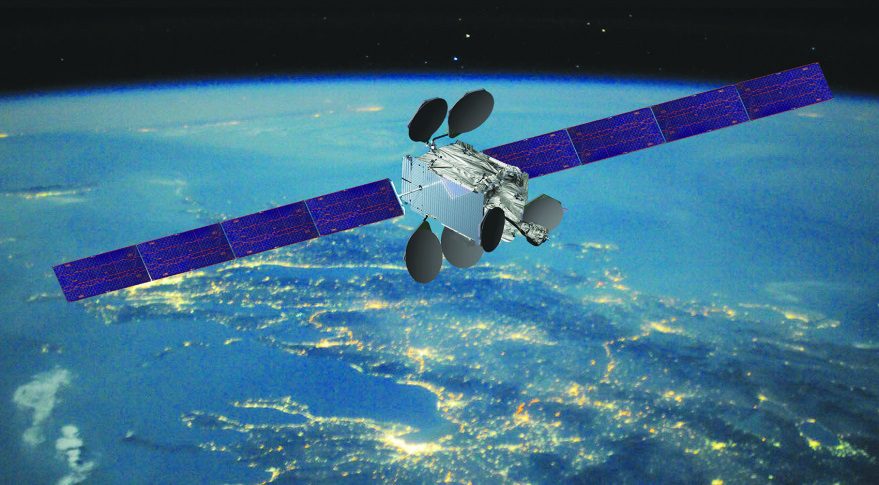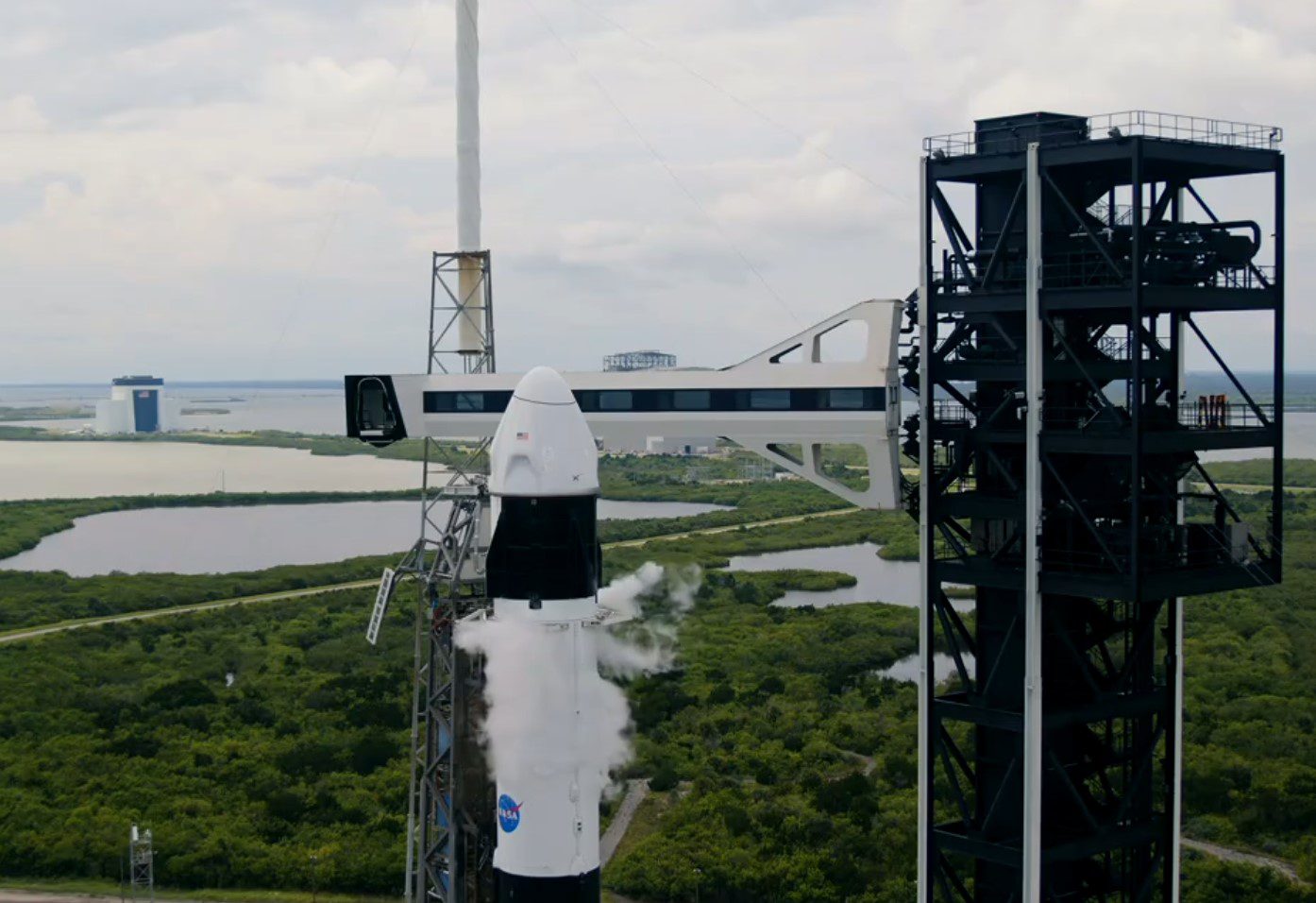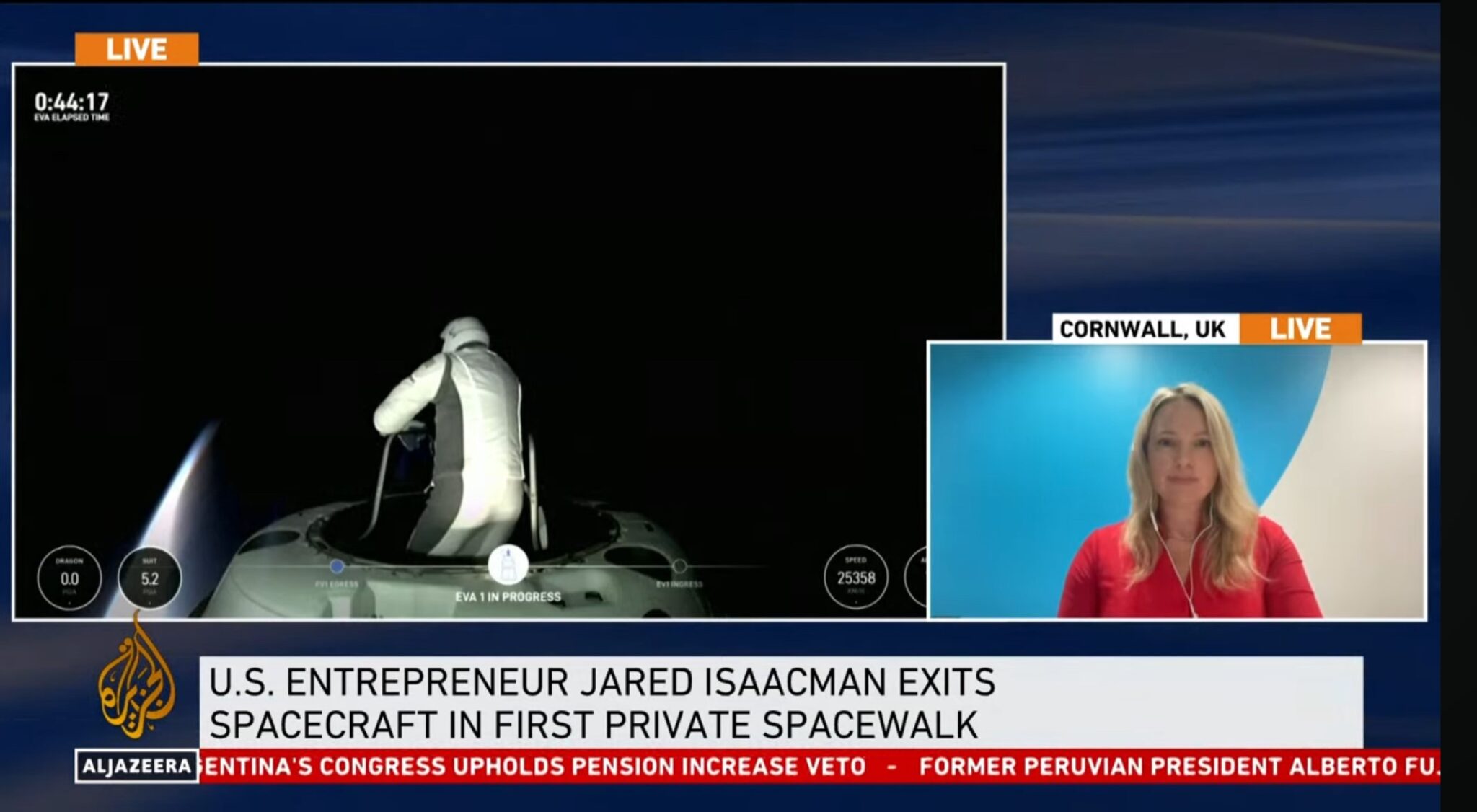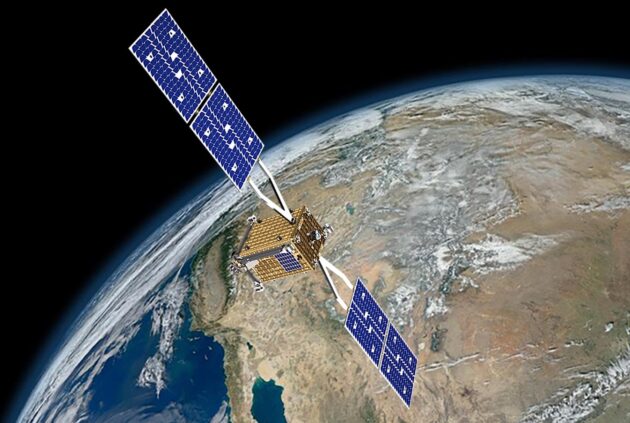It is believed that the Roscosmos-operated freighter/resupply vessel Progress M-027M (aka ISS-59P) launched into orbit on its way to the International Space Station has now failed in orbit. The spacecraft was launched by a Soyuz 2-1A rocket fired from the Baikonur Cosmodrome near Tyuratam, Kazakhstan. However, while the lift-off at 0709 GMT and subsequent ascent on 28 April 2015 went successfully not everything went to plan once the spacecraft reached orbit. While the spacecraft’s solar arrays unfurled as intended, two antenna for its Kurs radar rendezvous system failed to deploy. Telemetry then showed that other systems were also failing including the command uplink system and some of its attitude control system (pressurisation of its thrusters).
It was subsequently reported that the spacecraft was in a full-blown spin and may not be recoverable and that debris had been detected near the spacecraft possibly indicating an explosive event. Russian mission control also reports that just before separation from the launch vehicle’s third stage there was a loss of telemetry possibly indicating an catastrophic failure of the spacecraft or upper stage before or during separation. Telemetry was later recovered but only in an intermittent fashion. Roscosmos later noted that an abnormal separation had taken place including two events associated with depressurization of the oxidizer and fuel tanks on the third stage.
The original “fast approach” method which lasts only six hours was cancelled and replaced by the traditional two day programme of orbital changes to achieve rendezvous with the space station. This was to allow engineers time to recover the spacecraft, however even that rendezvous date was subsequently cancelled after things began to look increasingly grim for the mission. The craft was carrying 2,750kg of cargo and fuel for the astronauts on the ISS. Progress spacecraft are currently insured on the Russian and international space insurance markets though the amount insured drops significantly after separation from the launch vehicle.
While the ISS astronauts are believed to have a sufficient margin of fuel and supplies on the space station it is under pressure. The resupply chain had already suffered a failure after an Antares launch explosion lost a Cygnus resupply craft last year.
UPDATE: Progress M-027M Re-entered safely over the Pacific at 0204 GMT on 8 May 2015 with any surviving debris falling into the ocean. Roscosmos confirmed that abnormal separation had taken place during the launch and that two events associated with depressurization of the oxidizer and fuel tanks on the third stage had taken place.



